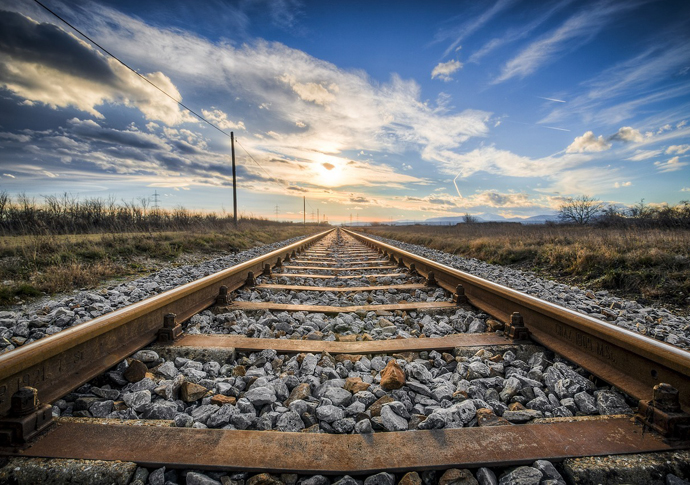Higher fares, fewer trains: what a way to run a railway!
COMMENT: When will a politician of any hue really take an interest in this daily experience for millions and demand more – or, better still, take control of the network themselves?
Thursday, 21st March

‘The winners, as usual, are the rail companies who still have a grip on the system and collect handsomely each year as the prices go up’
NETWORK Rail stumbled into a PR mess this week when it posted an Islamic message on its departures board at King’s Cross station.
It said that it was investigating why text about sinners repenting was put on the screen and not “general Ramadan celebratory messages”.
It was too late, of course.
As is now commonplace in our fragile national discourse on race and religion, thousands of instantly offended people asked whether the same would be done at the station for other religious festivals. It did not seem to matter that the simple answer to that was: Yes, they do.
It’s a shame that such a feverish discussion was reserved for a single message on the departures board and Network Rail’s clumsy attempts to promote diversity, in comparison to the grumbled acceptance about the standard of the service.
For many journeys, the only way to go is by train and so the passenger – now better termed as, the customer – is captive to both price and quality of service.
The cost of getting a train has never been more expensive – it’s almost become a cliché to say you can fly off for a lovely weekend abroad for much less than trying to get to cities like Liverpool or Manchester. It’s £70 if you simply want to get to Brighton in good time during the week.
Maybe the pain of a near 5 per cent increase in the cost of letting the train take the strain recently would have been diluted if the privatised network could be relied on to deliver you from A to B at the scheduled time and in reasonable comfort.
But the pictures of the main concourse at Euston flooded with despairing passengers unsure how they would get home on Sunday is not a one-off. Signal failures and technical faults are a near daily occurrence for anybody who regularly travels this way.
Euston, as it happens, has dispensed with its main departures board to make room for advertising and passengers now crowd around smaller screens in the main hall.
Further images of delayed passengers were shared later in the week at King’s Cross. Some lines have fewer services than ever before, leading to severe overcrowding at peak times.
As families are priced out of London by the changing nature of our borough and city – the clue about who lives here now should be the empty primary schools – the sucker punch is the cost of travel.
No wonder there is such a reticence for many workers not to return to their desks after working from home during the Covid crisis. They would rather be in isolation and meeting colleagues only through screens, than pay thousands on a season ticket.
The winners, as usual, are the rail companies who still have a grip on the system and collect handsomely each year as the prices go up.
When will a politician of any hue really take an interest in this daily experience for millions and demand more.
Or, better still, take control of the network themselves.